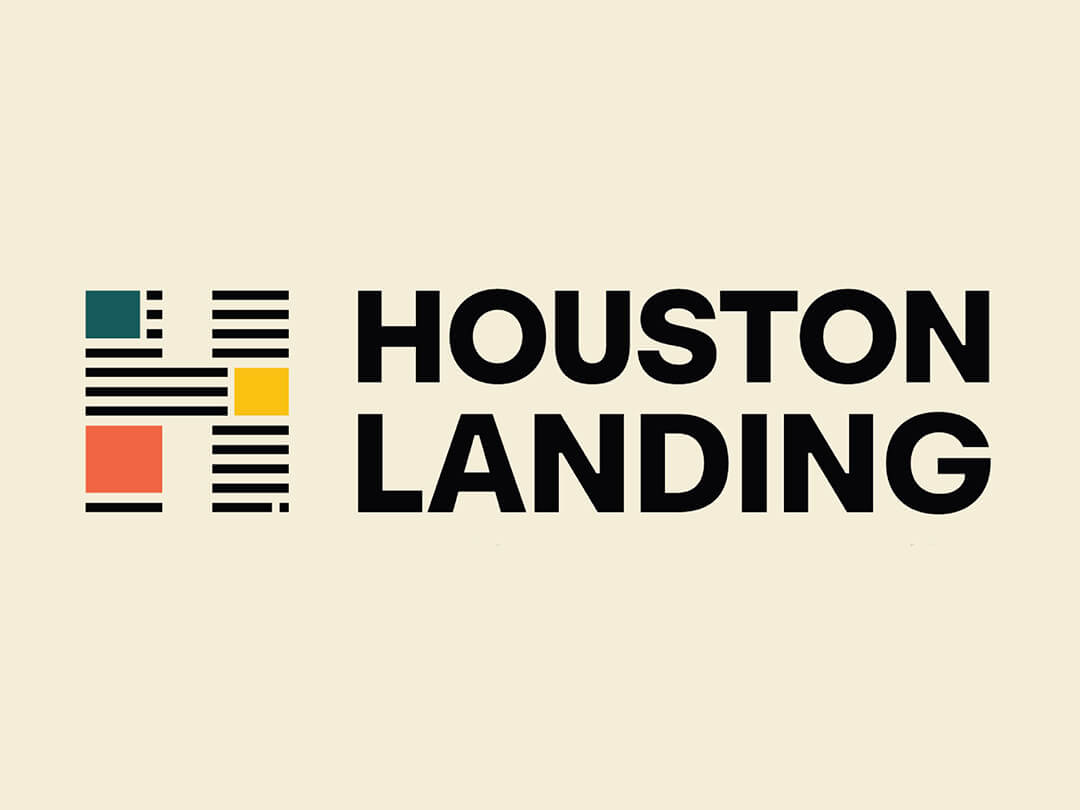When I chat with student journalists, one of the most frequent questions they ask is: How did you start The Lead? It’s the 100th issue of this newsletter and I’m feeling reflective, so indulge me with a brief trip back to summer 2018.
After graduating from the University of Missouri and finishing a summer fellowship with Poynter, I was living at home for a few months, applying for dozens of journalism jobs around the country and feeling more discouraged by the day. I needed a creative outlet in between writing cover letters, and I’d formed the idea for a student journalism newsletter while I’d been reporting on student media at Poynter.
I decided to go for it, figuring at least some of my classmates and fellow early-career journalists would sign up. And I was unemployed, so I had the time, right?
A few weeks after sending out the first issue, I got a job at The Seattle Times and started planning to move. Suddenly I did not have the time, but I stuck with it and figured out how to work a weekly newsletter into a full-time work schedule.
Two and a half years later, a lot has changed. The email list has grown from a few hundred to a few thousand. Poynter supports and copublishes the newsletter, and they pay me, which means in turn I’m able to compensate student journalists who write guest issues. I have an editor! (I owe eternal gratitude to my friend Nancy Coleman, who edited the first year of issues out of the kindness of her heart.)
I’m grateful for the opportunities I’ve had because of The Lead: speaking to student journalists at a Nieman Foundation conference, a fellowship with the Online News Association, talking with classes here in Seattle.
But mostly, I’m grateful for all the readers that have kept this side project going, whether you were one of the original subscribers or just joined this list recently. If you’ve ever written me a nice note about the newsletter, there’s a 100% chance I have it saved in an email folder that I come back to when I’m overwhelmed or short on ideas.
I’m excited to keep exploring the unique issues facing student journalists and highlighting students doing exceptional work. My email is always open to newsletter ideas and feedback, and you can reach me at blatchfordtaylor@gmail.com.
In honor of this 100th issue, here are 10 of my favorite past issues, in chronological order. (Here’s the full newsletter archive if you want to read more.)
- Georgetown student journalists traced their school’s history of slavery to Louisiana (Sept. 25, 2018)
- How 200 student journalists told 1,200 stories of American kids killed by guns (Feb. 19, 2019)
- The secret to making a good April Fool’s edition: not making one at all (March 26, 2019)
- No internship, no problem: 5 ways to put your summer to work (May 28, 2019)
- Leveraging a sports rivalry for fundraising and collaboration (Oct. 30, 2019)
- ‘We have to be taking care of ourselves’: Addressing burnout with a staff wellness initiative (Nov. 12, 2019)
- The Minnesota Daily adapted its annual photo project for the pandemic (May 20, 2020)
- A more diverse student newsroom will make your publication stronger (June 17, 2020)
- The Daily Orange launched a membership program to make its future more sustainable (Sept. 23, 2020)
- How four student newspapers covered a rollercoaster election week (Nov. 11, 2020)
Student Press Freedom Day is this week
The Student Press Law Center’s annual celebration of student journalism is back with a theme that fits this past year: “Journalism against the odds.” A few ways to get involved:
- Register for a student journalist forum Thursday, Feb. 25 at 8 p.m. Eastern.
- Stream “Raise Your Voice,” a documentary following student journalists at Marjory Stoneman Douglas High School after a mass shooting, for free from Feb. 25-27.
- Read 21 stories of student journalists who produced great work while facing challenges.
One story worth reading
The University of Virginia has sanctioned five fraternities and a number of students for breaking COVID-19 protocols, The Cavalier Daily reported after obtaining photos showing violations. “The Cavalier Daily is in the process of investigating at least six IFC chapters and two ISC chapters for alleged violations of public health guidelines during the first two-and-a-half weeks of the spring semester,” the staff writes. The university has identified nearly 650 COVID-19 cases since the end of Greek-life recruitment Feb. 14.
Opportunities and trainings
- Poynter’s internship database lists paid newsroom internships at publications around the country.
- Register for a Wall Street Journal panel session for students Feb. 26.
- Register for the virtual National College Media Convention, to be held March 18-20.
- High school students, write an editorial for The New York Times’ contest by April 13.
- Students of color, apply for a fellowship to this summer’s IRE Conference by April 19.
- Take a free Poynter webinar on writing public records requests and overcoming denials.



 : Thank you and a highlight reel
: Thank you and a highlight reel





